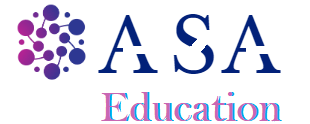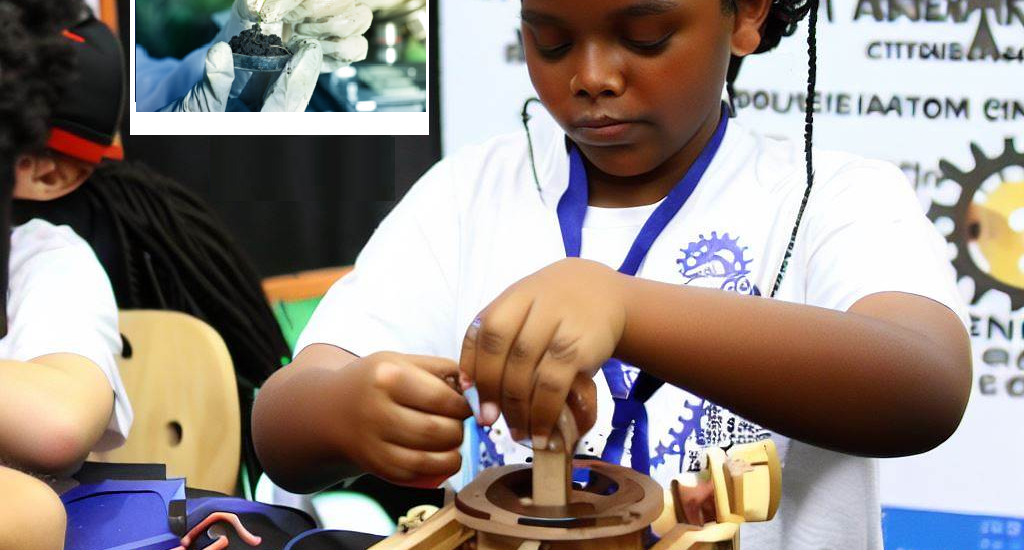Celebrated every 10 November, World Science Day for Peace and Development highlights the important role of science in society and the need to engage the wider public in debates on emerging scientific issues. It also underlines the importance and relevance of science in our daily lives.
By linking science more closely with society, World Science Day for Peace and Development aims to ensure that citizens are kept informed of developments in science. It also underscores the role scientists play in broadening our understanding of the remarkable, fragile planet we call home and in making our societies more sustainable.
The theme of World Science Day on 10 November 2023 is: Building trust in science.
The role of science in shaping our collective future can only be fulfilled when there is trust in science. It is trust in science that fuels the development and application of evidence-based solutions to our world’s multifaceted challenges. Trust in science is a complex issue. It affects the way in which scientists operate and the way science is perceived by society. Also, enhancing trust in science strengthens science-based policy decisions and society’s support for their application.
UNESCO’s celebration
High-level roundtable on the occasion of the World Science Day for Peace and Development
13 November 2023
6:30pm, Room II
Room II

UNESCO
9 October 2023
Last update:7 November 2023
This high-level roundtable aims to explore the parameters contributing to building and preserving trust in science.
The role of science in shaping our collective future can only be fulfilled when there is trust in science. It is trust in science that fuels the development and application of evidence-based solutions to our world’s multifaceted challenges. Trust in science is a complex issue. It affects the way in which scientists operate and the way science is perceived by society. Also, enhancing trust in science strengthens science-based policy decisions and society’s support for their application.
The roundtable will offer an opportunity to discuss the links between science, policy, society, and science-based policy making, and to gain a better understanding of the status of scientific research. It will also highlight the importance of freedom and safety of scientists, as a key ingredient for science ecosystems driven by universal values, and the vital role of science popularization in enhancing scientific literacy, public awareness and trust in science.
These principles are laid down in two UNESCO standard-setting instruments: the Recommendation on Science and Scientific Researchers (2017) and the Recommendation on Open Science (2021). These instruments articulate a vision where science ecosystems are driven by universal values and aim at making science and its benefits accessible to all.
The event will close with the ceremony of the UNESCO Kalinga Prize for the Popularization of Science.
In person participation, at UNESCO Headquarters:
- Registration form
* Official representatives participating in the General Conference and who have badges do not need to re-register.
Watch online
- Live webcast
* Please note that the webcast will only be active during the event.
Celebrating World Science Day for Peace and Development
This event is part of UNESCO’s celebration of the World Science Day for Peace and Development, celebrated annually on 10 November. The Day emphasises the need to engage the wider public in debates on emerging scientific issues, to link science with society and societal needs and to build trust in science. It also underscores the role scientists play in broadening our understanding of our planet and in making our societies sustainable.
More information
https://www.unesco.org/en/articles/ceremony-2023-unesco-kalinga-prize-popularization-science







